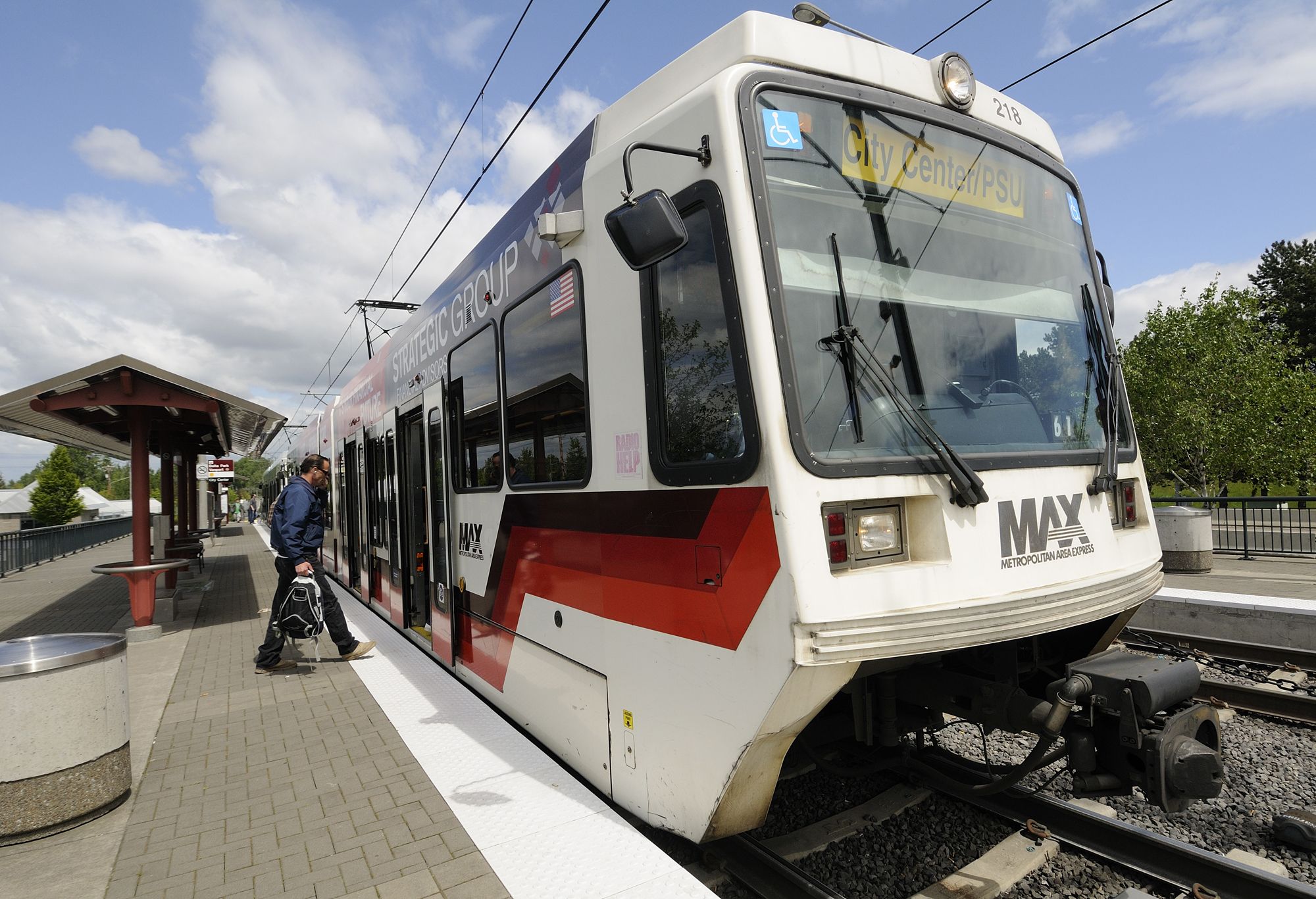A group of light-rail opponents who have been working for more than two years to petition the Vancouver City Council for a public vote on light rail enjoyed a short-lived victory this week, after City Attorney Ted Gathe said their latest effort had been successful.
By the next day, however, the petition had been ruled invalid by the county.
Any petition seeking to force a light rail vote will now have to start from square one.
On Thursday, Gathe’s opinion — that the group had submitted enough signatures for the council to consider putting the ordinance on the November ballot — was included in materials for Monday’s council meeting and sent to Clark County Auditor Greg Kimsey.
The certified petition had names of 5,479 city residents, seven more than were required, people were told.



